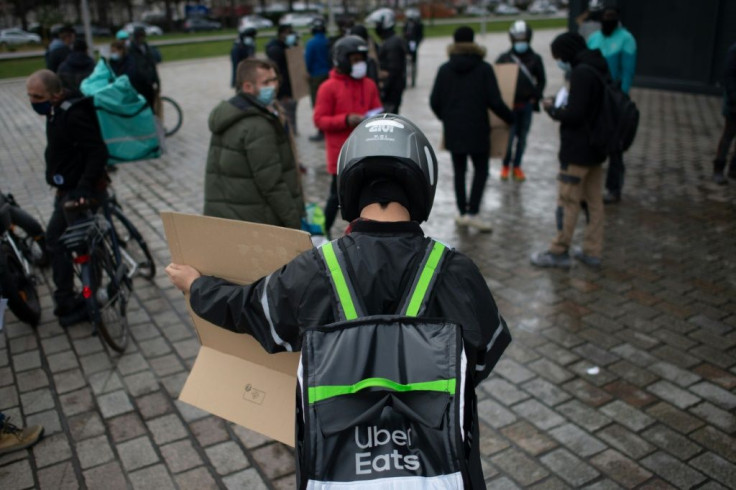Study finds online businesses lose billions and disappoint customers due to limited delivery options
A recent study by a delivery management firm reveals that the lack of delivery options is costing online businesses billions and leaving customers unsatisfied.

In today's digital era, where online shopping has become the norm, businesses are facing a crucial challenge - delivering products to customers in a way that satisfies their expectations.
A recent study titled 'Battling Basket Abandonment', published on June 8, sheds light on the issue and shows that a lack of delivery options is not only costing online businesses billions of pounds but also causing them to fall short of meeting customers' demands.
The study, conducted by delivery management firm GFS and independent retail consultant Retail Economics, exposes a stark disconnect between merchants and consumers regarding the range of delivery alternatives offered. While a whopping 83 per cent of retailers believe they provide a wide variety of delivery options, only 48 per cent of consumers agree.
The results of this divergence are shocking — a stunning £31.5 billion in annual sales are lost by firms as a result of delivery-related issues, according to the report. This enormous sum can be split down into several components, including £7.2 billion for a lack of delivery alternatives, £4.9 billion for expectations that weren't realised, £4.5 billion for tardy delivery, and £4.2 billion for unfavourable return policies.
The survey also reveals major differences between consumers and retailers about a range of delivery-related issues. Retailers express confidence in several areas, including the speed of delivery, reasonable and transparent delivery costs, a seamless checkout process, and consumer trust in delivery and return policies. However, consumers' reactions range from a mere 54 per cent to 64 per cent, highlighting a significant gap between expectations and reality.
Recognising the need to bridge this divide, senior eCommerce and supply chain professionals acknowledge that improvements are crucial for enhancing the customer experience. The survey indicates that 45 per cent of these professionals believe expanding delivery options is a key area for improvement, closely followed by offering free shipping or lowering costs (44%) and shortening delivery times (42%).
High operational costs (61%) and collaborating with multiple carriers (41%) are identified as the primary obstacles to enhancing delivery options.
The survey also uncovers a crucial insight into consumer expectations at the checkout stage. While customers anticipate a minimum of five delivery alternatives, the research suggests that only one-third of merchants actually provide this, with the average falling below three options.
Furthermore, the study's finding that online customers are prepared to pay more for premium delivery and return services suggests that retailers and logistics service providers may have a market opportunity.
Surprisingly, 95 per cent of millennials will pay more for a premium delivery service, while 34 per cent of customers will pay more for same-day, next-day, or targeted delivery. The willingness to pay for hassle-free return choices varies by generation, with 76 per cent of those under the age of 45 and only 34 per cent of those beyond that age preferring to do so.
Additionally, the survey discovers that frequent online shoppers, defined as those who make purchases at least once every two weeks, are more likely to pay extra for "hassle-free" returns than those who only make purchases once a month or less.
The whitepaper provides five ideas for eCommerce businesses to improve customer happiness and reduce lost transactions during the checkout process in order to address these issues.
Bobbie Ttooulis, a member of the GFS Executive Board, emphasises that this research confirms what has long been known - a lack of delivery options results in lost sales at the checkout. Importantly, it also puts a value on this issue.
Ttooulis suggests that retailers are indeed aware of the problem but struggle with the internal costs and challenges of coordinating with multiple carriers. As a result, he observes a clear trend toward unconventional approaches, with retailers seeking multi-carrier partners to tackle this issue head-on.
© Copyright IBTimes 2025. All rights reserved.






















